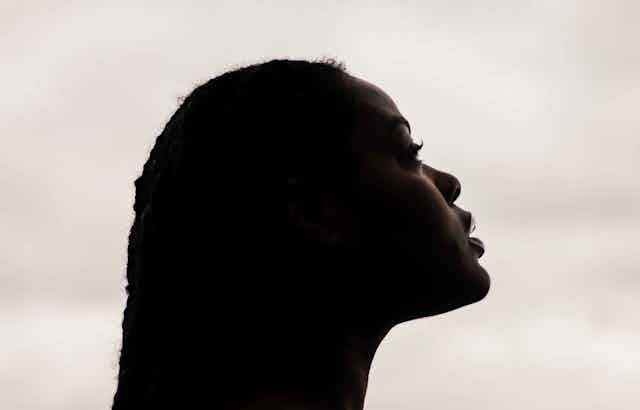Join us for this episode of Don’t Call Me Resilient as we speak with Margot Gage Witvliet who has insights into long COVID both as a patient and an epidemiologist.
If you don’t pay close attention to news about COVID, you might think the pandemic is nearly over. But for the millions of people worldwide suffering from long COVID, that couldn’t be further from the truth.
And the number of those experiencing long-term symptoms keeps growing: At least one in five of us infected with the virus go on to develop long COVID.
The effects of long COVID are staggering. Researchers say it can lead to: blood clots, heart disease, damage to the blood vessels, neurological issues, cognitive impairment, nerve damage, chronic pain and extreme fatigue.
And there is no treatment for long COVID.

So why don’t we hear more about long COVID? Why haven’t governments warned people about the risks we face with infection?
It might be that this debilitating disease is largely overlooked because of who gets it: Almost 80 per cent of longhaulers are women.
And in the United States, where our guest on this episode is from, many of those suffering from the prevailing conditions of COVID are women of colour, with Black and Latinx people most likely to get the illness.
Our insightful guest for this conversation on long COVID is Margot Gage Witvliet, assistant professor at Lamar University in Beaumont, Texas. Margot is a social epidemiologist who studies health disparities, including as they relate to long COVID and has presented her research findings to the United States Health Equity Task Force on COVID-19.
Margot is also a Black woman living with long COVID and has created a support and advocacy group for women of colour.
Listen and Follow
You can listen to or follow Don’t Call Me Resilient on Apple Podcasts, Google Podcasts, Spotify or wherever you listen to your favourite podcasts. We’d love to hear from you, including any ideas for future episodes. Join The Conversation on Twitter, Facebook, Instagram and TikTok and use #DontCallMeResilient.
Also in The Conversation
Read more: I'm a COVID-19 long-hauler and an epidemiologist – here's how it feels when symptoms last for months
Read more: Even mild COVID raises the chance of heart attack and stroke. What to know about the risks ahead
Read more: Being stressed out before you get COVID increases your chances of long COVID. Here's why
Read more: Influenza and COVID-19: What's in store for the fall/winter respiratory virus season?
Sources
Transcript
For an unedited transcript of this episode, go here.
Don’t Call Me Resilient was produced in partnership with the Journalism Innovation Lab at UBC and with a grant from the Social Sciences and Humanities Research Council of Canada.

